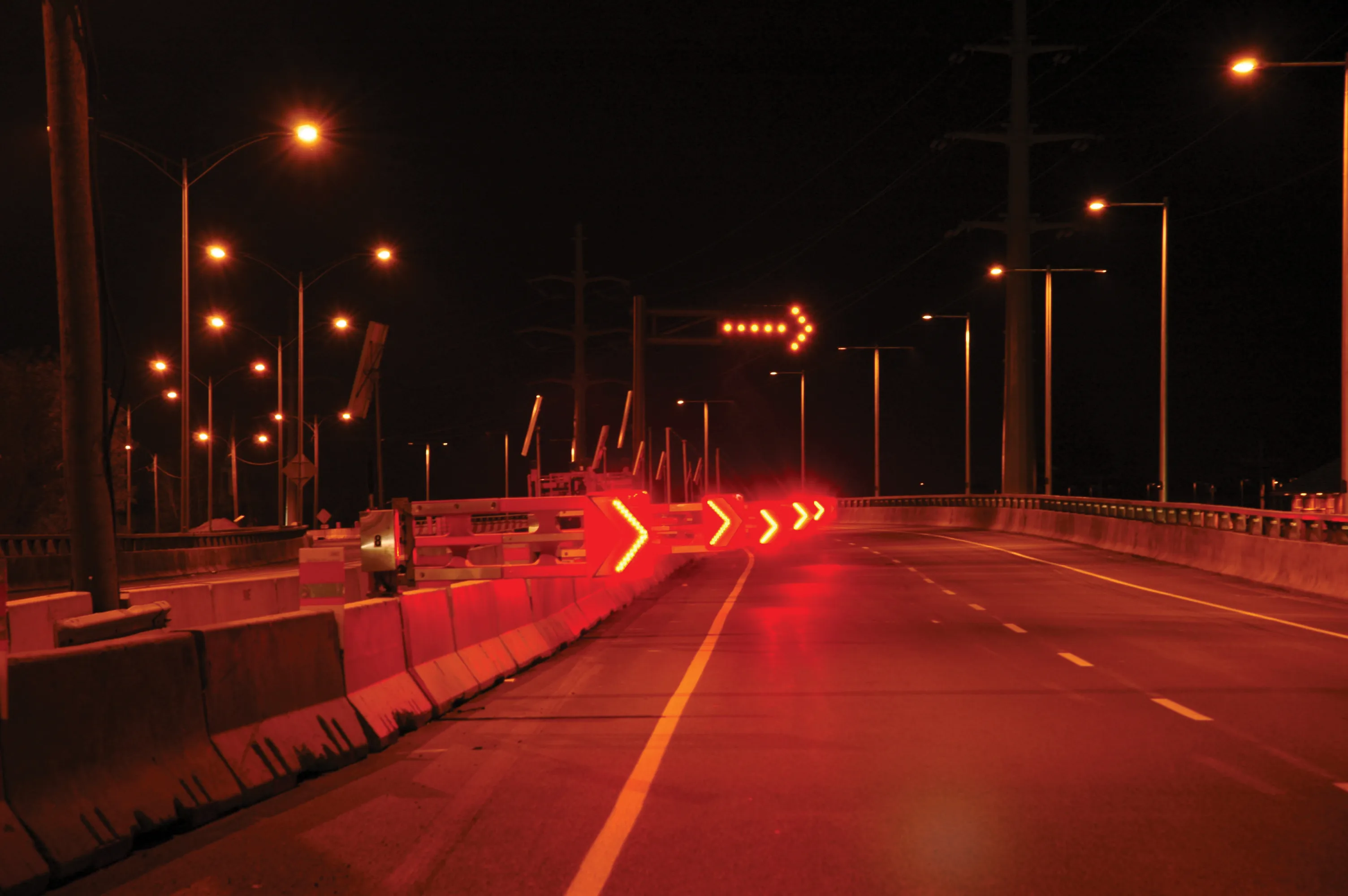Illegal motorway car racers in Thailand are to be targeted with additional radio frequency identification (RFID) systems and surveillance cameras. The move comes after Thai authorities have been tackling high-speed motorcycle racing involving youth gangs, mainly from low-income households. Meanwhile, a new seatbelt law for children is set to be introduced in a bid to reduce the country’s number of child accident deaths. It will make it compulsory for children aged below 15 to use a seatbelt when a passenger
May 9, 2012
Read time: 2 mins
Illegal motorway car racers in Thailand are to be targeted with additional radio frequency identification (RFID) systems and surveillance cameras.
The move comes after Thai authorities have been tackling high-speed motorcycle racing involving youth gangs, mainly from low-income households.
Meanwhile, a new seatbelt law for children is set to be introduced in a bid to reduce the country’s number of child accident deaths. It will make it compulsory for children aged below 15 to use a seatbelt when a passenger in a vehicle. The move has been welcomed by Adisak Plitponkarnpim, paediatrician in the5469 Faculty of Medicine at Ramathibodi Hospital, who has also called for safety seats for younger children in vehicles to be made compulsory.
According to a report by the Department of Disaster Prevention and Mitigation, 614 children aged 15 years and below died in motor vehicle accidents in Thailand in 2011. Out of the total, 126 had not fastened their safety belts.
The move comes after Thai authorities have been tackling high-speed motorcycle racing involving youth gangs, mainly from low-income households.
Meanwhile, a new seatbelt law for children is set to be introduced in a bid to reduce the country’s number of child accident deaths. It will make it compulsory for children aged below 15 to use a seatbelt when a passenger in a vehicle. The move has been welcomed by Adisak Plitponkarnpim, paediatrician in the
According to a report by the Department of Disaster Prevention and Mitigation, 614 children aged 15 years and below died in motor vehicle accidents in Thailand in 2011. Out of the total, 126 had not fastened their safety belts.






